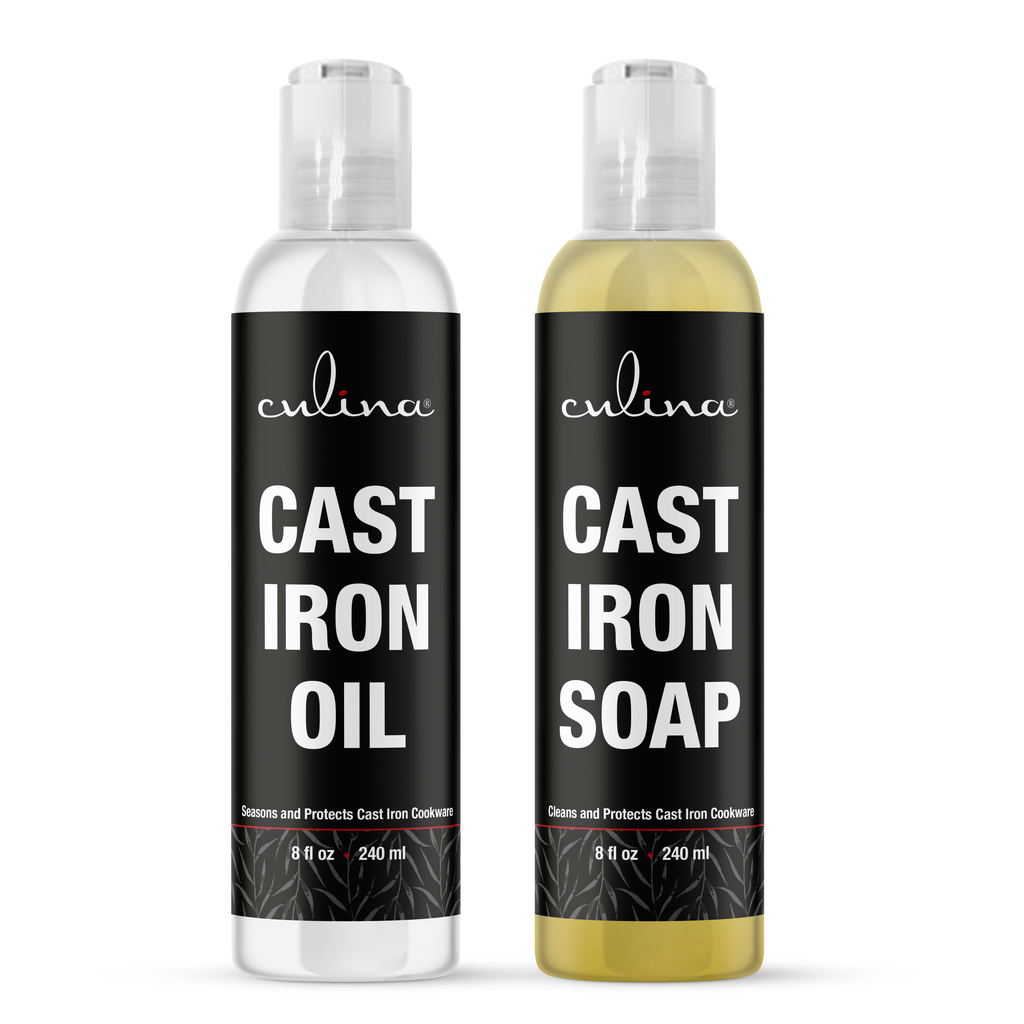What Products Have Palm Oil and Why You Should Care?
When it comes to beauty and personal care products, understanding the ingredients is vital for every beautician. One ingredient that often raises questions is palm oil. Many people, including beauticians, are unaware of what products have palm oil in them, and why it plays such a crucial role in formulations.
Palm oil has become a popular ingredient due to its versatility and effectiveness in various products, from skincare to haircare. However, it's essential to recognize both the benefits and the ethical concerns surrounding its use.

What is Palm Oil?
Palm oil is derived from the fruit of the oil palm tree and is widely recognized for its use in food and personal care products. It is known for its smooth texture and moisturizing properties, making it popular in cosmetics and skincare. However, its worth mentioning that not all palm oil is created equal; it can come in different forms, such as crude palm oil and palm kernel oil, which differ in composition and uses. To dive deeper into how palm oil is sourced, check out this article on how it is harvested.

Where Can You Find Palm Oil?
As a beautician, you may frequently encounter palm oil in a variety of products. Here are some common categories where it can be found:
1. Skincare Products
Palm oil is often used in moisturizers, lotions, and creams due to its emollient properties. It helps in hydrating and soothing the skin. Many popularity brands utilize palm oil in their formulations. However, it's crucial to read labels carefully to understand the source and type of palm oil used.
2. Haircare Products
Shampoos and conditioners may also contain palm oil as an ingredient, recognized for its ability to nourish and strengthen hair. Beauticians should be aware of how these ingredients affect different hair types and conditions.
3. Soaps and Cleansers
Many handmade and commercial soaps use palm oil for its lathering and cleansing properties. However, there are various opinions regarding its environmental impact. For a broader understanding of the use of palm oil in products, read about what it's used for.

4. Cosmetics
Makeup products like foundation, lipsticks, and blushes may also contain palm oil. Its usage in cosmetics can provide a creamy texture and enhance the overall quality of the formulations.

The Ethical Implications of Using Palm Oil
Despite its benefits, the palm oil industry has faced significant scrutiny due to deforestation, habitat destruction, and labor concerns. Beauticians should be aware of the brands that promise sustainable practices. Opting for products that use certified sustainable palm oil can be a step towards a more ethical approach.
How to Identify Palm Oil in Products?
When checking labels, look for terms like palm oil, palm kernel oil, glyceryl palm kernelate, or palmitate. A better understanding will help you make informed choices about the products you recommend or use in your practices.
Top Brands Using Palm Oil Responsibly
Some brands are committed to utilizing sustainable palm oil in their products. Choosing these brands can help support ethically sourced ingredients. If you're interested in knowing more about the negative impacts of palm oil, visit why it may be harmful.
Frequently Asked Questions
1. Is palm oil safe for all skin types?
While palm oil is generally considered safe, individuals with oily or acne-prone skin should use it with caution as it may exacerbate breakouts.
2. How can I find palm oil-free products?
Look for products labeled palm oil-free or check the ingredients list to ensure that palm oil is not included.
3. What are some alternatives to palm oil?
Alternatives such as coconut oil, olive oil, and shea butter can offer similar benefits without the ethical concerns associated with palm oil.
As an Amazon Associate, I earn from qualifying purchases.

